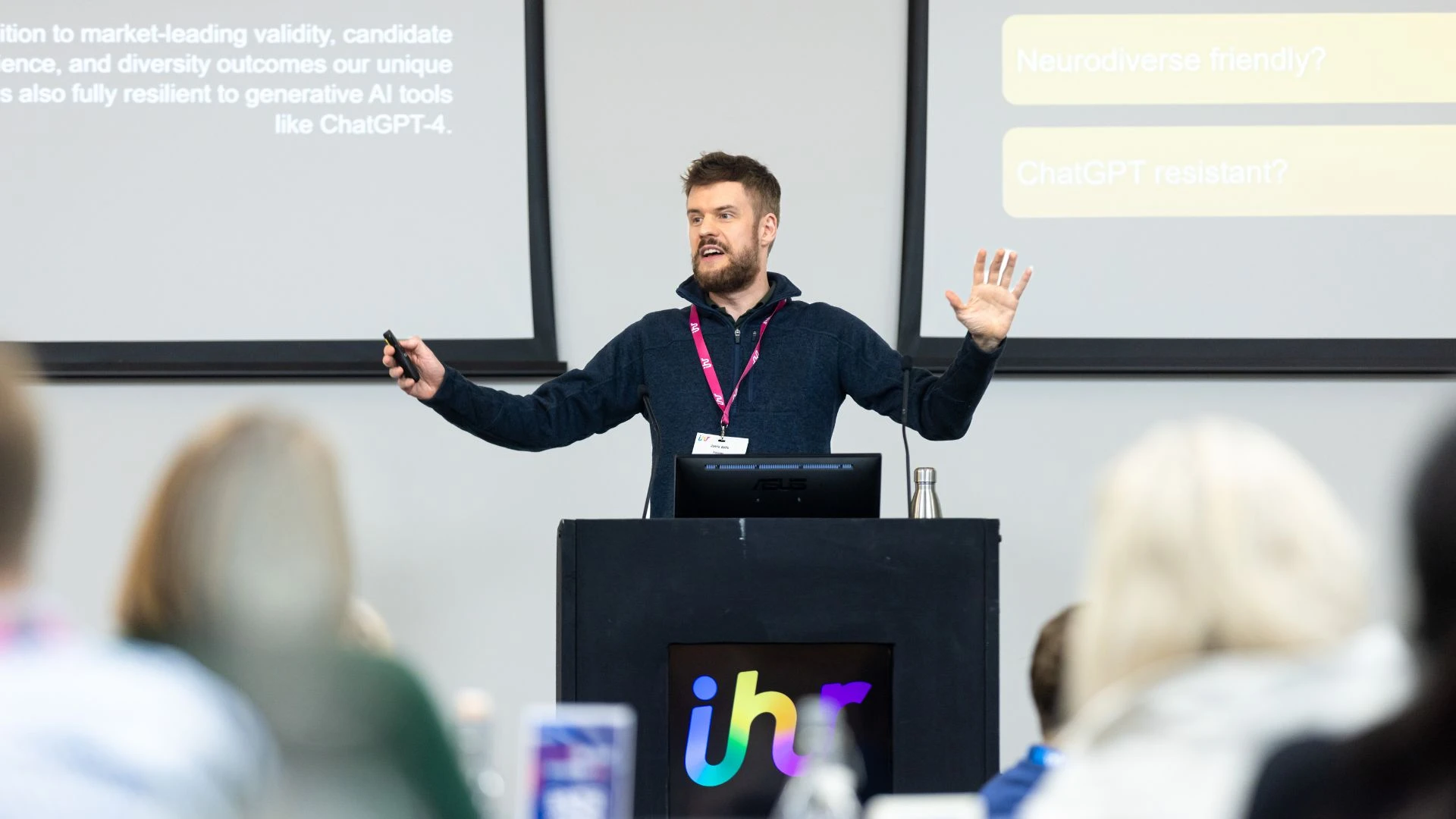IHR

03 December 2024
Diversity Equity and Inclusion

Creating a neuro-inclusive hiring process
What if hiring practices weren’t designed for just one type of brain and candidates weren’t judged on their ability to navigate small talk or ace high-pressure interviews, but on their actual skills and potential?
Sounds like a no-brainer, right? Yet, the reality is stark: Only 22% of autistic adults in the UK have full-time jobs.
That’s not a talent shortage, it’s a hiring process problem.
Most hiring processes reward people who can sell themselves well, not necessarily those who can do the job best. Think about it: Rigid application forms that rely on perfect grammar and one-size-fits-all answers, interviews that favor extroverts, placing more value on eye contact and social cues than actual job performance, psychometric tests designed for neurotypical brains, filtering out brilliant minds simply because they think differently.
For neurodiverse individuals, those with autism, ADHD, dyslexia, and other cognitive variations, these hurdles aren’t just frustrating; they’re career barriers.
At IHR Recruitment Technology Conference 2024, Jamie Betts, Founder & Chief Product Officer at Neurosight, took to the stage to share more on leveraging neuroscience and machine learning to create hiring tools that adapt to people, not the other way around.
Some key takeaways were:
- With only 22% of autistic adults employed in the UK and 85% of neurodiverse individuals unemployed in the US, businesses are missing out on highly skilled workers.
- From attention to detail to innovative problem-solving and deep focus, neurodiverse individuals offer immense value